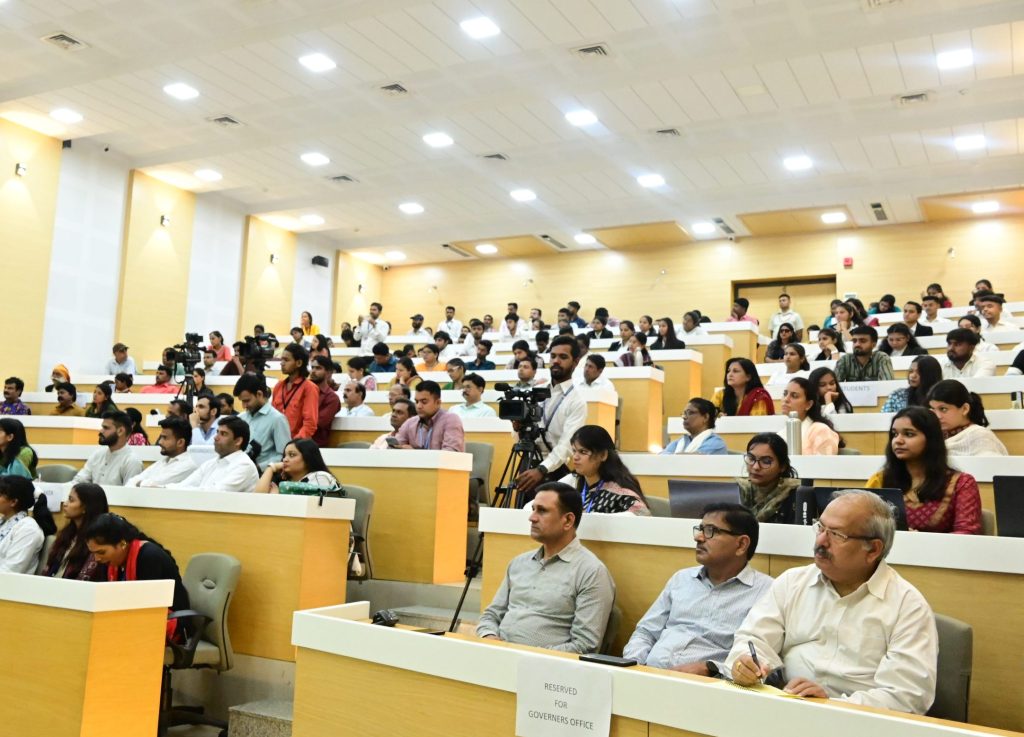The De-notified, Nomadic, and Semi-Nomadic Tribes are the most side-lined, vulnerable, economically and socially deprived communities in the Indian subcontinent. De-notified Tribes are various tribal groups or aboriginal communities who were notified as ‘born criminals’ under British rule in India. Women within the community can be termed as the ‘Vulnerable within Vulnerable’ section of society as they face extreme deprivation of basic resources such as identity documents, shelter, sanitation, education, support, workplace safety, and basic sexual and reproductive rights. They continue to experience social prejudice and difficulties in accessing education, employment, and justice. Many found themselves trapped in a cycle of becoming habitual offenders due to their previous records or lack of viable alternatives. The flawed assumption of criminality being hereditary, which served as a basis for the 1871 Act, further perpetuated discrimination and hindered the progress of de-notified tribes.
About the Conference
The National Commission for Women in collaboration with RACE Lab organised a regional seminar on ‘Challenges Faced by Women of Denotified Tribes’ in July 2023 at RCVP Noronha Academy, Bhopal. Dr. Veerendra Mishra (Director, RACE Lab) highlighting the need for such a discussion, emphasized that despite global developments, women and children often remain the most vulnerable and impacted in society. The ultimate objective of this event was set to be a fruitful endeavor, aiming to shed light on the challenges faced by women of the Denotified Tribe and pave the way for sustainable solutions.
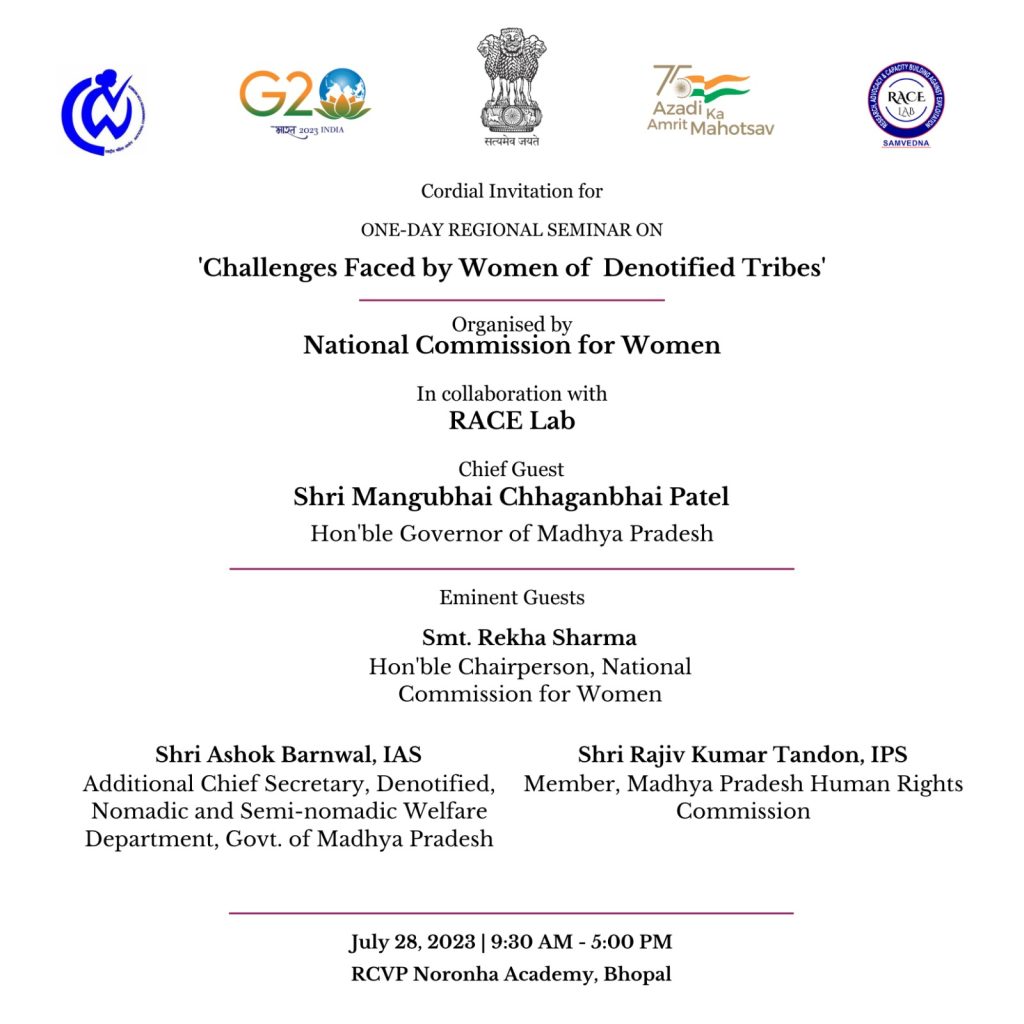
The event was graced by the esteemed presence of Shri Mangubhai Patel, the Hon’ble Governor of Madhya Pradesh. Accompanying him were Ms. Rekha Sharma, Chairperson of the NCW; IAS Shri Ashok Barnwal, Secretary of the Denotified, Nomadic, & Semi-Nomadic Welfare Department, and Rt. IPS Shri Rajiv Kumar Tandon, Member of the Madhya Pradesh Human Rights Commission. Resource persons for the technical session(s) included Dr. Mukesh Kumar Mishra; Dr. Surbhi Dayal; Dr. Dharmendra Pare, Director of Janjatiya Lok Kala Academy, Tribal Museum, Bhopal; Dr. Pragati Dubey, Asst. Prof. & Dep. Registrar, National Institute of Mental Rehabilitation, Sehore; Ms. Vidya Venkatesh; & Dr. Deepti Sudip Kotasthane, the Dep. Director of the Denotified, Nomadic & Semi-nomadic Welfare Department, Madhya Pradesh.
As a designated rapporteur, the event unfolded as more than an academic gathering – it was an eye-opener for me. The breadth and depth of issues faced by Denotified Tribes were revealed, challenging preconceived notions. It was not even the tip of an iceberg that we as students of law were previously aware of, the seminar shattered pre-existing awareness, leaving participants with a profound understanding of the intricacies involved.
The discussion unfurled
Wide arrays of discussion leveled up the cause- where experts dwelled from history to legal to mental health to the ground reality of the DNT tribals. Even though they were de-notified from the tag of being “born criminals,” post-independence, the taboo of being an ex-criminal tribe still haunts them.
Historical connotation
During colonial India, indigenous cultural dances that were participatory and communal were criminalized by the colonizers, who imposed their own standards of performance and morality. For instance, the proposed Dramatic Performance Act aimed to ban or censor any performative activities and dance forms that challenged colonial authority or expressed dissent. This exemplified how legal frameworks could influence societal views, turning once-accepted cultural practices into perceived criminal activities.
Going back to the root cause of this issue, nearly 200 such communities were criminalized under an unjust legislation called the Criminal Tribes Act of 1871. The reason for such criminalization was the refusal to reduce their cultural integrity to meet British demands. This criminalization had lasting consequences on these communities, leading to their marginalization and stigmatization.
There is nothing called criminality. It is a concept that emerged from a study which stated that criminality gets into the genes and that it is transmitted hereditary. Which is not scientifically accurate. We need to change our mindsets.
Dr. Veerendra Mishra, IPS
Ground reality
Generation after generation, DNTs continue to lead impoverished lives surrounded by hardships, uncertainties, and insecure futures. Women here are faced with aggravated situations where many of them resort to the entertainment industry and other risky occupations to seek a livelihood. Kanjars for instance, have been historically known for tracing genealogy and engaging in various occupations like dancing, singing, and dealing with terracotta, also practicing sex work as a side business. However, during the British era, draconian legislation deprived them of their traditional jobs, pushing them towards sex work. Today, they are exempted from the Immoral Trafficking Act as they continue their traditional practices, but that’s a reality only in writing.
DNTs are deprived of even the most basic facilities and critical components of social security and health conditions. A situation of life without shelter & basic livelihood makes an individual susceptible to various health problems in their living environment. Further, the unfavorable and unhygienic living condition makes them more vulnerable to various health issues and abuse- verbal, mental, physical, and sexual.
Adding to the hardship is the non-availability of statistics and literature about the DNTs. The existing information has over the years highlighted issues such as lack of basic infrastructure/housing, risks associated with employment, poor educational attainment, continued arbitrary criminalization, poor possession of official documents leading to a crisis of their identity and citizenship, poor access towards accountable government structures, entitlements, welfare measures, and policies. Highlighting a significant barrier, it came to light that 269 communities fall outside the ambit of any reserved community, leading to a lack of access to government schemes and related benefits. The absence of residential proof hinders them from obtaining essential identification documents like Aadhar cards, which further marginalizes them.
Tribals from DNT, if found near crime scenes are often unfairly targeted without substantial evidence. All of them highlight the deep social, political, and administrative injustices faced by these communities. However, no literature connects these to the impact on the lives & experiences of women alone.
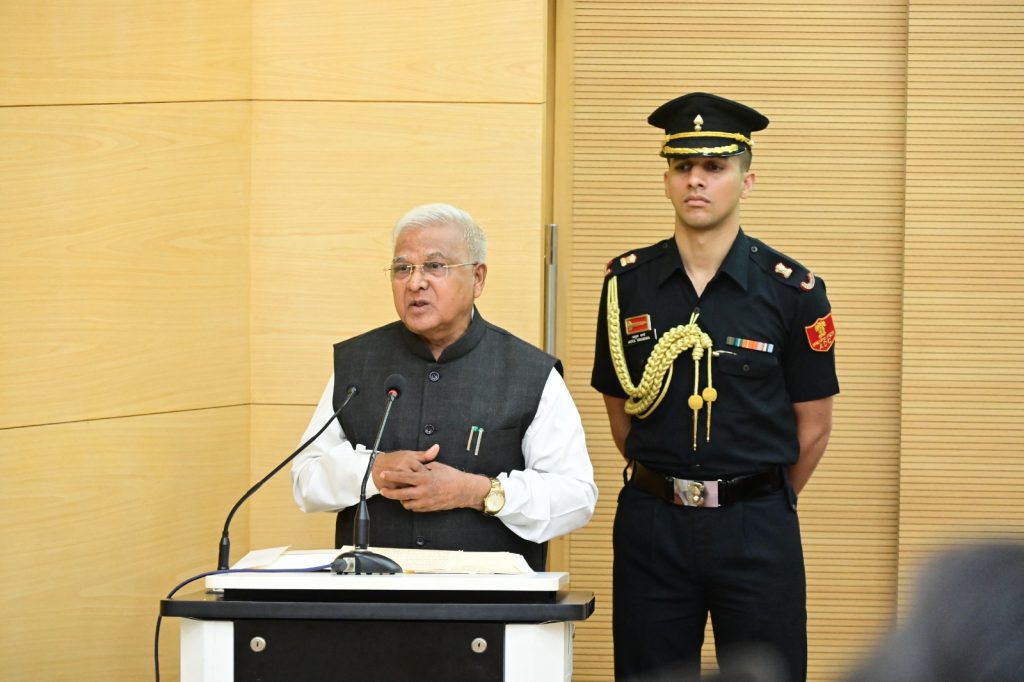
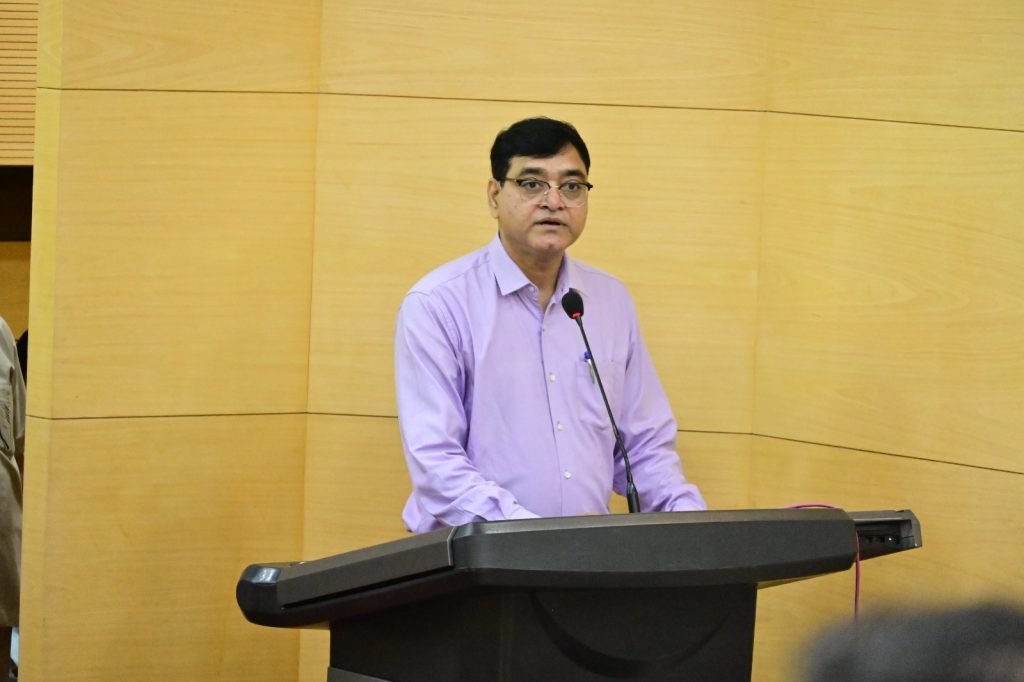
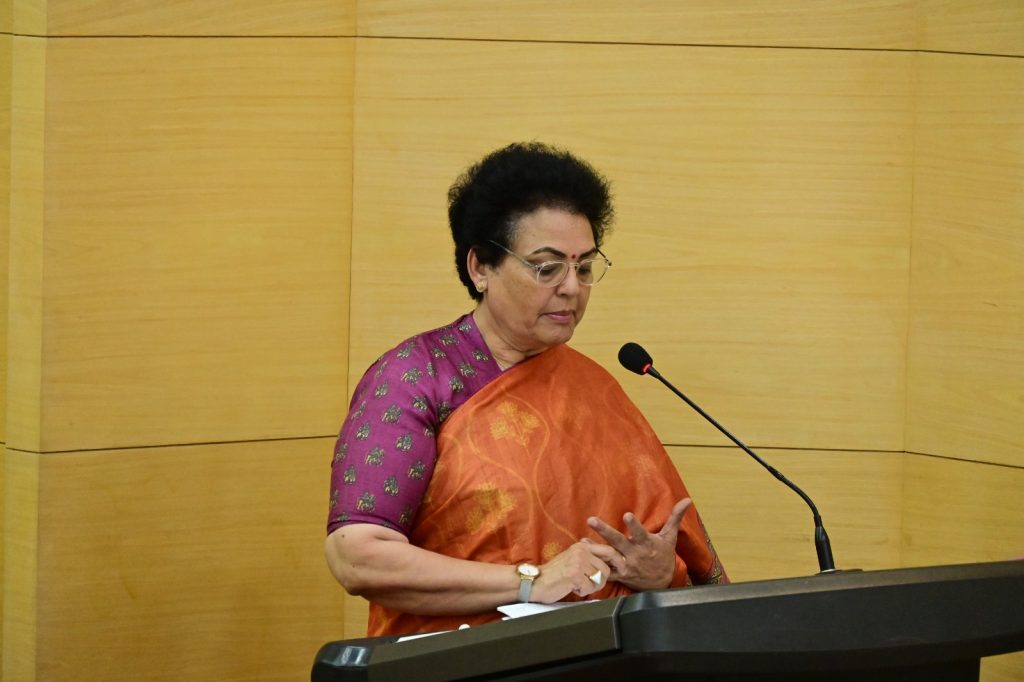
I also think that the De-notified Tribes, they all have some or the other artistic specialization, which if used properly, would be better for them as well as for the upliftment of the society.
Dr. Dharmendra Pare, Director of Janjatiya Lok Kala Academy, Tribal Museum, Bhopal
Most of these tribes used forests and grazing lands for their livelihood and residential use and had “strong ecological connections.” Many of them are dependent upon various types of natural resources and carve out intricate ecological niches for their survival. The changes in ecology and environment seriously affect their livelihood options.
In the quiet corners of our society, hidden beneath the shadows, reside tribes like Pardhi and Revadi. Despite their extraordinary talent and knowledge, they dwell off the radar of upliftment and societal justice. A few schemes like the Kaushal Vikas Yojana & Swarozgar Yojana have been implemented by the government to develop their skilling according to industrial standards. However effective implementation remains a challenge. By fostering a more inclusive and compassionate approach, it is possible to uplift these communities and ensure their rightful place in society. NGOs & other stakeholders should take the lead in designing policies & programs that understand & respect the culture and psychology of these tribes, building opportunities for education, employment & empowerment.
However, gathering information about these tribes presents a colossal challenge. Living on the outskirts, restrained by stigma and fear, they remain secluded, with inaccurate & inconsistent official records, their count ambiguous. The urgent need for a uniform caste-based census for separate targeted data, ease in executive procedures, and inclusive education initiatives are among the few recommendations emphasized to integrate them into the broader fabric of society.
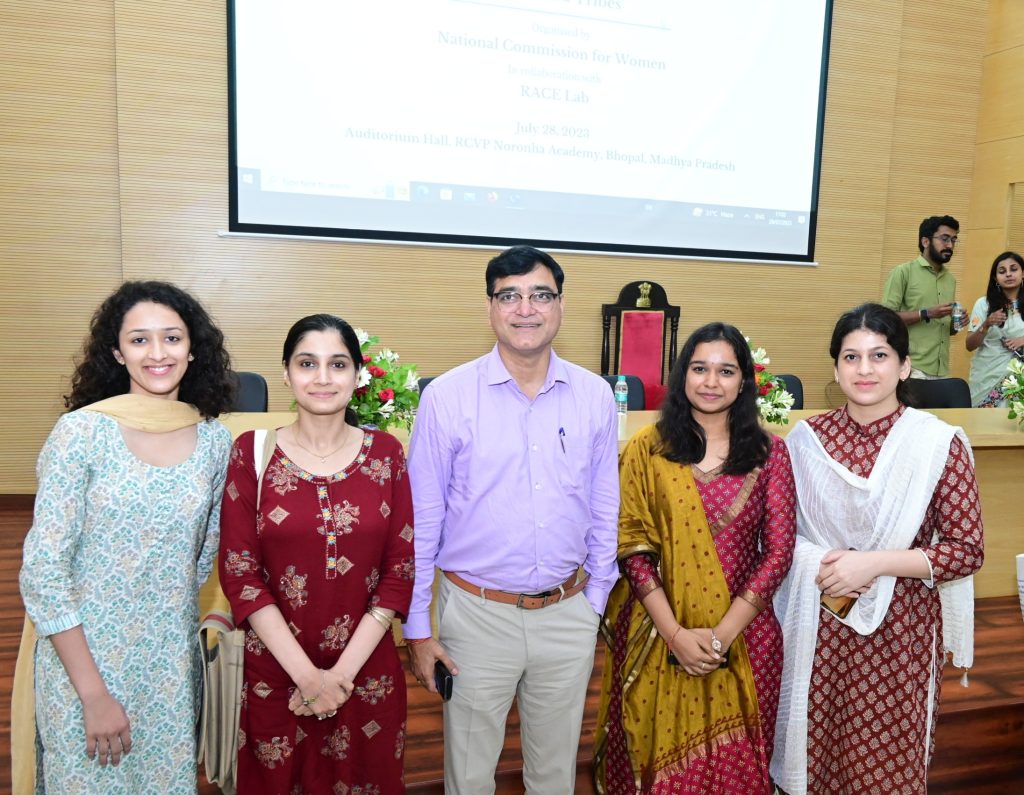
Building an empathetic and inclusive society, where education empowers de-notified tribes and their women, is our collective responsibility for a better and more equitable future.
Shri Mangubhai Chhagganbhai Patel, Hon’ble Governor, State of Madhya Pradesh
The seminar concluded on the point that a fresh approach is the requirement of the hour. One that is not limited to bureaucratic records but focuses on efficient execution to uplift the significant population of women and children in denotified tribes, ensuring a better and more inclusive future for them. The awakening sparked by the seminar is the first step. Now, armed with awareness & sensitization, it’s time for individuals like you and me to wield our literacy, position, and privilege for the betterment of others. For in awareness lies the catalyst for change, and it is our collective responsibility to ensure a better and more inclusive future for these resilient communities.
